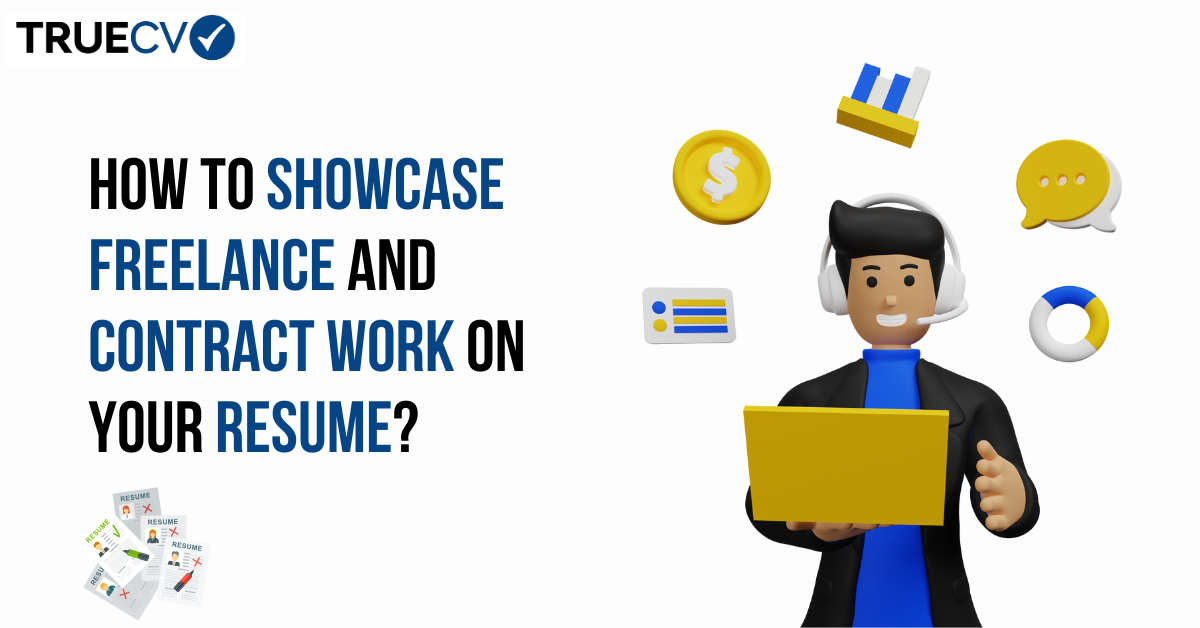 (1).jpg)
Interview Tips for Career Changers: Navigating Your Path to a New Career
Changing careers is a significant step that often comes with its own set of challenges, especially when it comes to interviews. Transitioning to a new field requires you to not only showcase your skills but also convincingly convey your passion and readiness for the new career path. Here are some comprehensive interview tips to help career changers succeed in their journey.
1. Understand and Articulate Your Reasons for Changing Careers
Before you even step into the interview room, it’s crucial to have a clear understanding of why you want to change careers. Interviewers will inevitably ask about your motivation, and your answer needs to be genuine and well-thought-out. Reflect on the following points:
- Passion: What excites you about the new field?
- Skills: What transferable skills do you bring from your previous career?
- Growth: How do you see this career change benefiting your long-term professional goals?
Articulating a clear, passionate narrative about why you’re making the switch can reassure employers that you’re committed and serious about the new path.
2. Highlight Transferable Skills
As a career changer, you may not have direct experience in the new field, but you likely possess many transferable skills that are relevant. Identify and emphasize these skills during your interview. For example:
- Project Management: If you managed projects in your previous role, discuss how this skill will help you handle projects in the new industry.
- Communication: Strong communication skills are valuable in any job. Provide examples of how your ability to communicate effectively has led to successful outcomes.
- Problem-Solving: Share instances where you successfully solved complex problems, highlighting your critical thinking and adaptability.
3. Leverage Your Professional Network
Networking is a powerful tool for career changers. Connect with professionals in your desired field to gain insights and advice. During your interview, mention any relevant conversations or mentorships that have helped you understand the new industry better. This demonstrates your proactive approach and eagerness to learn.
Join Professional Organizations
Joining industry-specific organizations and attending their events can provide invaluable networking opportunities. These organizations often host seminars, workshops, and conferences where you can meet experienced professionals and learn about the latest industry trends.
Informational Interviews
Conducting informational interviews is another excellent way to gain insights into your new field. Reach out to individuals working in the roles you aspire to and ask them about their career paths, daily responsibilities, and any advice they might have for someone transitioning into the industry. This not only builds your network but also equips you with practical knowledge that can be beneficial during job interviews.
4. Gain Relevant Experience
Even if it’s not full-time, gaining some form of relevant experience can significantly boost your credibility. This could be through:
- Volunteer Work: Volunteering in a role related to your new career can provide practical experience and show your dedication.
- Freelancing: Taking on freelance projects can help you build a portfolio and prove your skills.
- Certifications and Courses: Completing courses or certifications can bridge knowledge gaps and make you a more attractive candidate.
During your interview, discuss these experiences and how they have prepared you for the new role.
5. Research the New Industry Thoroughly
Showing a deep understanding of your new industry can set you apart from other candidates. Research the latest trends, challenges, and key players in the field. Be prepared to discuss how your background and skills align with the current needs and future direction of the industry. This level of preparedness demonstrates your genuine interest and commitment.
6. Tailor Your Resume and Cover Letter
Your resume and cover letter should be tailored to highlight the skills and experiences most relevant to the new role. For your resume:
- Use a Functional Format: This format emphasizes skills over chronological work history, making it ideal for career changers.
- Highlight Relevant Achievements: Focus on accomplishments that showcase your transferable skills.
In your cover letter, explain your career change in a positive light, focusing on how your background uniquely positions you to contribute to the new field.
7. Prepare for Common Career Change Interview Questions
Career changers often face specific questions aimed at understanding their transition. Be ready to answer questions such as:
- Why are you changing careers?
- What do you know about our industry?
- How do your previous experiences prepare you for this role?
Practice your responses to these questions, ensuring they are concise, confident, and convey your enthusiasm for the new career path.
8. Showcase Your Learning and Adaptability
Employers want to know that you can quickly adapt to new environments and challenges. Highlight instances where you successfully learned new skills or adapted to significant changes in your previous roles. Emphasize your willingness to learn and grow within the new industry.
9. Demonstrate Your Soft Skills
Soft skills like communication, teamwork, and leadership are critical in any job. Provide examples of how you’ve effectively used these skills in your past roles. Employers value candidates who can seamlessly integrate into their teams and contribute positively to the workplace culture.
10. Be Honest and Authentic
Honesty is crucial when discussing your career change. Avoid fabricating experiences or overstating your expertise in the new field. Instead, focus on your genuine strengths and what you bring to the table. Authenticity can build trust with your interviewer and set a positive tone for your potential employment.
11. Prepare a Strong Closing Statement
As your interview comes to a close, prepare a strong closing statement that reiterates your enthusiasm for the role and the value you bring. Summarize how your unique background, skills, and passion make you the ideal candidate for the position. Leave the interviewer with a lasting impression of your confidence and commitment.
Conclusion
Changing careers is a bold and often challenging decision, but with the right preparation and mindset, you can successfully navigate the interview process. By understanding your motivations, highlighting transferable skills, gaining relevant experience, and demonstrating your commitment to learning, you can make a compelling case for yourself as a career changer. Remember, every career journey is unique, and your diverse experiences can be a significant asset in your new professional path. Good luck!








